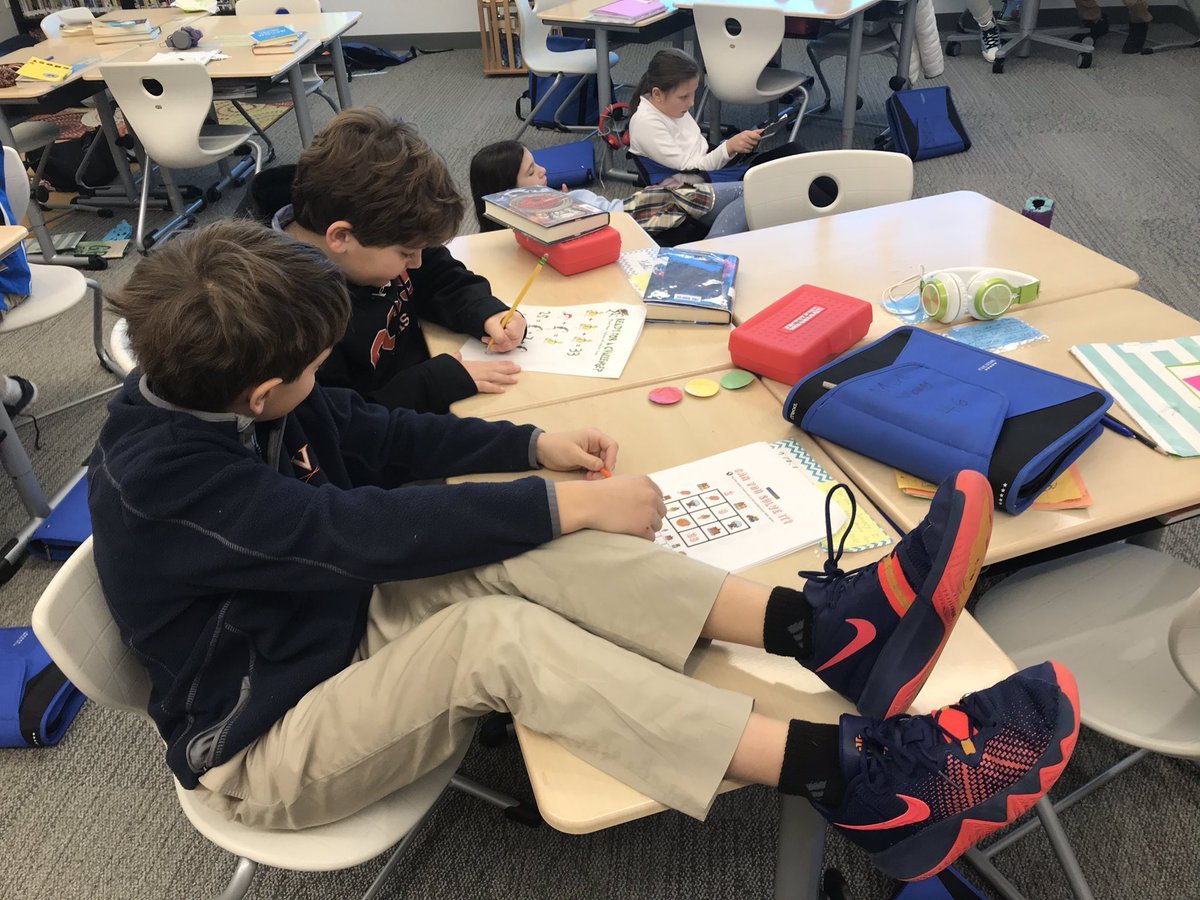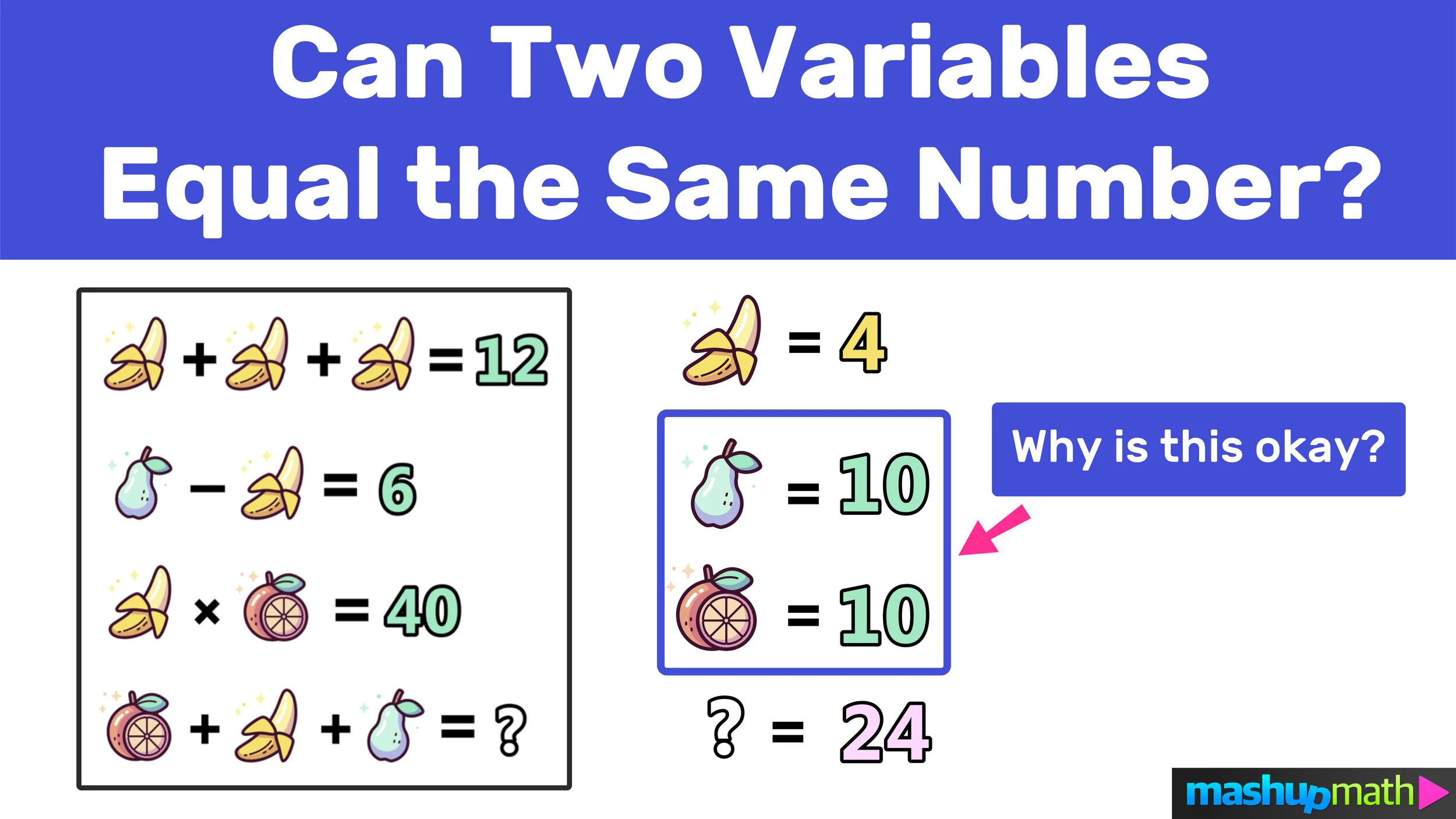Does Teaching Using Mnemonics Do More Harm Than Good?
Mnemonics and memory tricks can be effective for short term recall, but relying on them too much causes math anxiety.
By: Anthony Persico
Gabriel Iglesias, a stand-up comedian in real life and passionate and relatable teacher on the Netflix sitcom, Mr. Iglesias, is an advocate for teachers and their role in making a difference in the lives of students.
His show, which was recently picked up for a second season, has recently become a guilty pleasure of mine.
Image Source: www.Netflix.com
Supported by a cast of talented student actors, Iglesias nails the role of a dedicated teacher doing the best he can to support his smart, but often underperforming students—and dealing with familiar issues like stagnant salaries and the pressures of standardized exams.
And while the show is not a perfect representation of the life of a teacher, it’s easy to forgive most inaccuracies given Mr. Iglesias is a comedy sitcom written for television after all.
There is, however, one inaccuracy that is hard to overlook—how often Iglesias relies on using memory tricks to help his students to remember important historical facts.
For example, Iglesias helps a student to recall the name of the building that was under attack during the star-spangled banner by using the memory trick, “Fortnite…Midnight Snack…McRib sandwich” to remember Fort McHenry.
Similar examples occur throughout the show, as Iglesias teaching almost exclusively through the use of mnemonics and memory tricks is portrayed as an effective and reliable strategy.
But what about in real life?
Relying on Mnemonics in the Math Classroom
PEMDAS—What was once a universally embraced mnemonic for recalling how to perform the order of operations has now become a wildly controversial topic—and many teachers, myself included, have stopped using it completely.
But why have the use of mnemonics and other memory tricks for learning math come under fire in recent years?
While it is true that using mnemonics can help improve memory, recall is only valuable if it serves as a tool for building deep and meaningful understanding.
When simply memorizing math facts using memory tricks becomes a replacement for comprehension, students start to get left behind.
And relying on PEMDAS to teach order of operations is a perfect example of how relying on tricks to teach and learn math can cause more long-term damage than you might think.
PEMDAS and Math Anxiety
Many adults credit PEMDAS for the fact that they can still remember the order of operations. However, since using a memory trick bypasses the development of meaningful understanding, their recall is often incorrect, as many of the nuances of applying order of operations (like performing multiplication and/or division from left to right, not always multiplying first) are lost.
This ability to remember PEMDAS, but not actually understand how to apply the order of operations (a basic math skill) is often put on display whenever we see a social media challenge involving a simple math problem grow into a viral post because so many people fail to solve it correctly.
As for our students, relying on memory tricks denies them the opportunity to develop understanding—which puts them on a path to perceiving mathematics as an irrelevant subject where success is based upon memorizing rules and procedures that do not apply to the real world.
Why is this a big deal? Because nearly half of elementary students in the United States have math anxiety, which leads to math avoidance and failure to reach higher levels of math, which significantly limits career opportunities.
If we want today’s students to become adults who can think and problem-solve mathematically, then we need to start prioritizing understanding over memorization, and getting rid of PEMDAS is a good start.
The Conversation Continues…
The following Twitter post by Alice Keeler sparked an interesting discussion about PEMDAS.
And here are a few replies, some in favor and others against the use of PEMDAS to teach order of operations.















